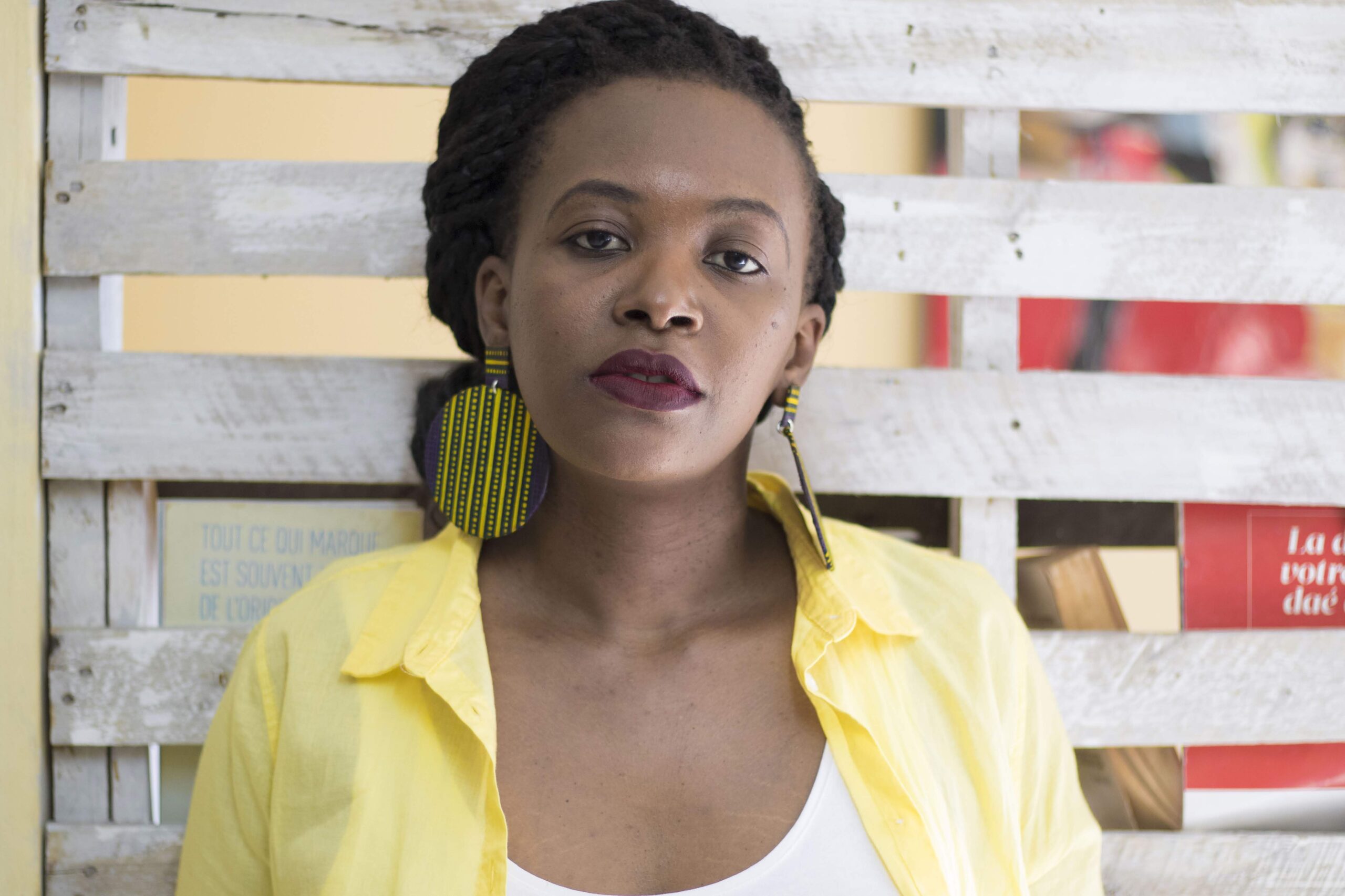Fania Noel
Visiting Assistant Professor

Biography
Fania Noël is an Afrofeminist scholar, writer, and organizer. She is a Visiting Assistant Professor at Pratt Institute and a Research Scholar at the Center for Place, Culture, and Politics at the CUNY Graduate Center. Her work bridges political sociology and Critical Black Cultural Studies, focusing on the legitimacy battles surrounding Blackness, political identity formation, and mobilization in France; Black feminist theories of “homeplace”; and the representation of racialized gender in speculative fiction.
She is currently completing two manuscripts: In the Name of the Dead Black Wife: Absenting, Blackness, and Gender in Science Fiction (expected 2026) and Noir in Place: Black Politics, Gender, and Space in Contemporary France, based on her doctoral dissertation.
Her third book 10 Questions sur les Féminismes Noirs (Libertalia, 2024) offers an introduction to Global Black Feminisms scholarship. She is also the author of Et Maintenant le pouvoir: Un horizon politique afroféministe (Éditions Cambourakis, 2022) and Afro-Communautaire: Appartenir à nous-mêmes (Éditions Syllepse, 2019).
Beyond academia, Fania Noël is a prolific contributor to public scholarship, appearing in various journals and media outlets. A former member of the Mwasi Afrofeminist Collective in France, she now serves as curriculum coordinator for EKO – Afrofeminist Political School. She is the creator and editor-in-chief of ALASO, a trilingual (Haitian Creole, French, English) Haitian feminist anthology revue published by NÈGÈS MAWON, and co-founder of the revue Assiégées a critical Francophone journal—available both online and in print—focused on analyzing racism, patriarchy, and capitalism. Additionally, she developed the Cycle de Formation en Études Féministes, Genre et Sexualité for Nègès Mawon—a free popular education program in Haiti featuring seminars by Haitian women writers, researchers, and artists.
Education
Ph.D. Sociology, The New School for Social Research (2024)
M.A Sociology, Paris Descartes University (2019)
M.A Political Science, Panthéon-Sorbonne University (2011)
Publications and Projects
Books
2024 – 10 Questions sur les féminismes Noirs (10 Questions on Global Black Feminisms). Libertalia
2022 Et maintenant le pouvoir. Un horizon politique Afroféministe. Edition Cambourakis.
2020 Afro-Communautaire. Appartenir à nous-mêmes. Edition Syllepse
Selected Publications
2024 Paris 2024 Olympic Games Opening Ceremony: Longing to Belong, Political Weaponization and Glitz, Manifesto XXI
2023 “‘Y’all celebrating Black men in Prison’: Abolitionist Black Feminist and inter-communal violence.” Duke University On Abolition Symposium. Palimpsest: A Journal on Women, Gender, and the Black International.
2023 Foreword: Être avec les autres, appartenir à nous-mêmes. In bell hooks, Cultiver l’appartenance. Une cultures des lieux, translated from English by Noemie Grunenwald. Cambourakis. 8-18
2023 Le Sexisme bienveillant (Benovolent Sexism)- Monthly Column, Manifesto XXI
2023 Alice Diop’s Saint-Omer and its Lexicons of Shadows. ASAP Journal.
2023 La fabrique de l’absence: la pensée féministe décoloniale et négrophobie. Entretien avec Selamawit D. Terrefe. (The Making of Absenting: On Decolonial Feminism and AntiBlackness. Interview with Selamawit D; Terrefe) Passerelle, 24: 160 -168.
2023 Paris is Burning: Circulation of Intersectionality in France’s Academia and Activist Spaces. Kohl: a Journal for Body and Gender Research, 9/1: 184-200.
2022 Gender and the Spatiality of Blackness in Contemporary AfroFrench Narratives by Polo B. Moji. London: Routledge, 2022. 182 pp. ISBN 9780367637514. Review in Tydskrif vir letterkunde 59.2: 78-80
2022 Afterword: Être woke avec Octavia Butler. In Octavia Butler, L’Aube, translated from English by Jessica Shapiro. Au Diable Vauvert. 417-422
2021 – Intersectionnalité. In Dorlin, Elsa. (Ed.), Feu! Abécédaire des féminismes présents. Libertalia. 319-336
2021 On the Very Political Depoliticization of Reparations, Society For Cultural Anthropology